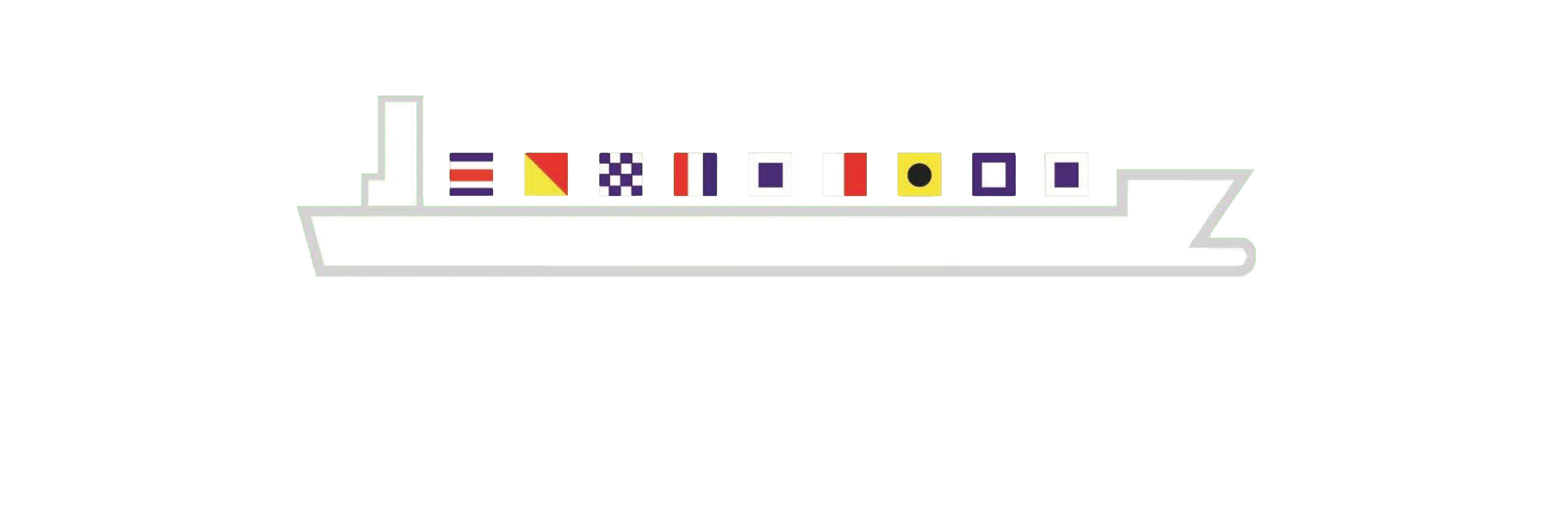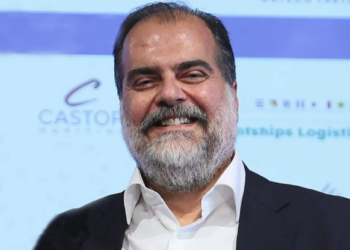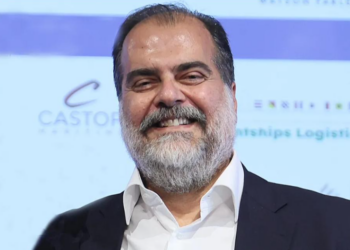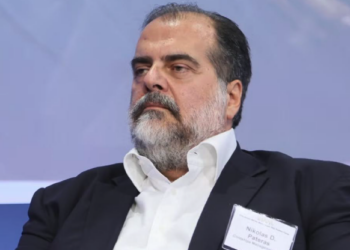- May 31, 2024
- Posted by: Dimitris Touloumis
- Categories: News, Press
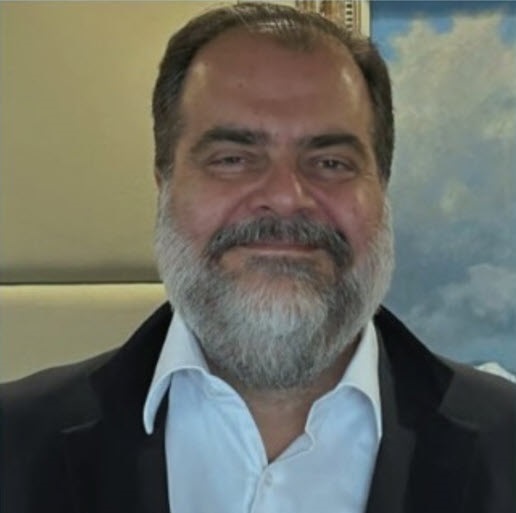
Founder of the world’s largest independent feeder ship fleeturges removal of older tonnage by major lines
Contships has a few other vessels approaching the same age as the Contship Pro, but Pateras will not consider scrapping any of them unless he sees other owners doing the same — the big lines especially. The Greek owner has decided to replace the outgoing ship by buying a younger one — the 1,496-teu Warnow Mate (built 2010). Currently managed by Cyprus-based Marlow Navigation, it is expected to join Contships in August. Pateras has turned that sort of dealmaking into something of an art form. Ever since founding Contships about a decade ago, he has bought 58 feeder ships on the secondhand market. Fifty of these acquisitions came from German owners, or their bankers, selling ships at very attractive prices. This provided the opportunity for some asset plays — a skill Pateras displayed when he offloaded all 52 vessels with Pacific & Atlantic before the market crashed in 2008. The Contships fleet, averaging 15 years in age, handles 1.5m containers across 4,800 port calls annually. “As a company, we will continue the same strategy, there will be no changes,” Pateras said. Uncertainty about future fuels is the main factor driving that strategy. Unrealistic expectations “This widespread over-optimism that the global fleet will suddenly change as if by magic wand, and that we’ll move on to new fuels within five or 10 years is utopian,” he said. He expresses a belief that traditional bunkers and blends will remain the predominant fuel for at least another couple of decades. “Speeds will fall as well to reduce carbon emissions.” Greek owners with similar views have been ordering conventionally fuelled vessels en masse lately. “We see billions of dollars worth of such conventionally fuelled ships, ordered across all segments — dry, tanker, container — which are all investments for the next 20 or 25 years,” Pateras said. He is not surprised by the surge in orders, given the facts on the ground. Greek $40bn wager on newbuildings backs evolution, not revolution
“Neither the new fuels ‘per se’ are available nor the adequate infrastructure for them — so I expect things to continue on their current course for at least the next 10 to 20 years.” In the meantime, Contships considers itself unfairly treated by some of the global regulations being introduced to push the industry towards carbonisation. Pateras is particularly critical of the International Maritime Organization’s Carbon Intensity Indicator. He argues that his vessels, which are primarily active on short-haul routes in the Mediterranean, the Caribbean and South East Asia and, therefore, call on ports very frequently, are overly penalised by the measure. “A short-haul ship calling at ports every two days gets a D or E rating, while an identical vessel on a longer route, say to Shanghai, gets an A or B,” he argued. At the end of the day, he expects charterers and consumers to be shouldering the extra cost. “This will add to the price of the end-product consumers pay — the go-betweens just stand to make more money.” EU regulatory impact Pateras anticipates a similar impact from a trio of other regulations currently under enforcement or consideration in the European Union: the emissions trading system, FuelEU Maritime and the Fit for 55 targets. The ETS, which started applying to shipping this year, is being implemented rather smoothly so far. However, Contships predicts commercial disputes and shenanigans brewing in the future. Non-EU operators clinching European cargo business by underbidding local rivals may vanish when the moment comes to pay the carbon costs to EU authorities. Greek shipping stays the course on conventional bunkers over future fuels “I wouldn’t be surprised if lawyers become very busy from next year,” Pateras said. Looming trade wars between the world’s great powers are another threat he thinks shipping can do without: “A trade war is the last thing the world needs.” Conflicts in Ukraine and the Middle East have put the world on edge, and additional friction only stands to make things even worse for a global economy that is still surprisingly resilient.
“If I had any say in these high political levels — which I don’t — I would tell them, ‘Relax, let people work, trade and make some money’, because there’s a lot of trouble around us. “The world is hanging by a thread right now, and there’s no room to fool around.”
Read here

